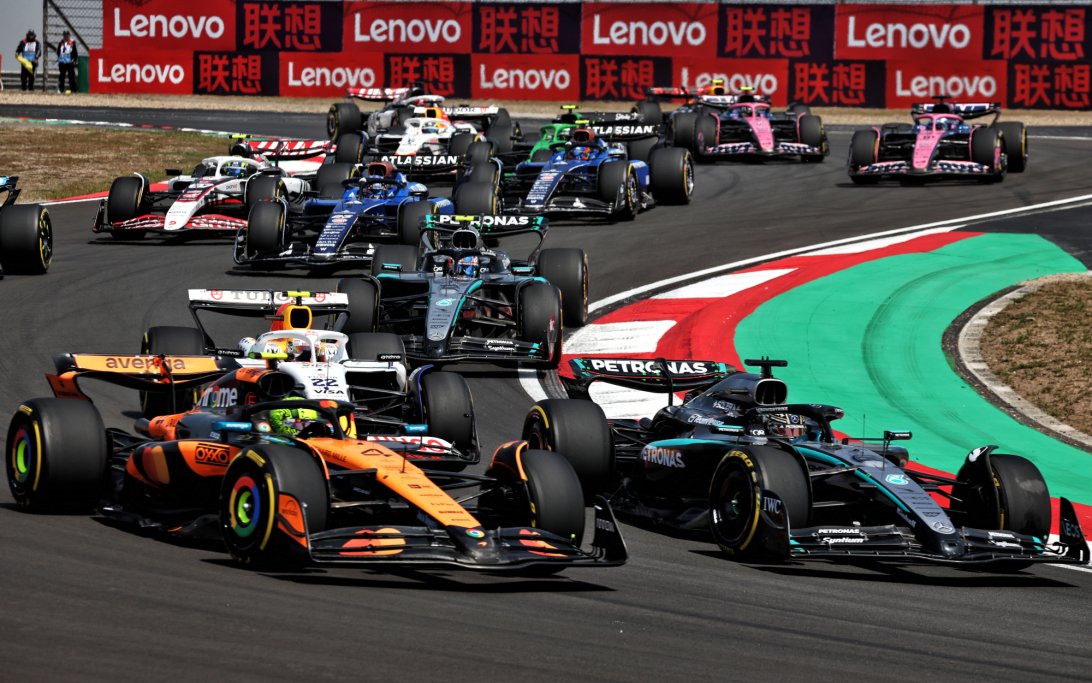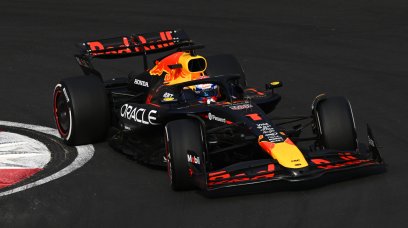Nearly every driver would love to be in action with a Formula 1 car powered by a V8 or V10 engine. The wonderful sound coming from those engines makes not only drivers but also fans think back to the good, old F1 days with nostalgia.
Thanks to new technology in the fossil fuel industry, there could be a chance to bring the V8 or V10 engines back into the pinnacle of motorsport.
In the oil industry, people are working hard to develop a completely sustainable fuel. For example, fuel can even be extracted from the air by converting it into a liquid on which a fuel engine can operate.
However, that method is not financially interesting at this time. But the fact that major fuel suppliers such as Aramco, ExxonMobil and Shell are investing a lot of money in developing such methods does indicate that a new fuel that is affordable may be developed within a few years.
Just there lies the issue regarding the future engine in F1. Whereas a few years ago a larger hybrid component was chosen, several engine suppliers are now said to be open to power sources powered by renewable fuels.
The advantage is that hundreds of millions of cars would not become unusable in different countries. If countries were to opt for only electric-powered cars, hundreds of millions of cars would suddenly be unusable.
Of course, one might wonder how far removed this picture is from F1 then, but F1 in particular can play a crucial role in the development of sustainable fuel.
The pinnacle of motorsport has always been a progressive force for the auto industry and can now take on such a role again. The question, however, is whether to do so with a V8 or V10 engine.
Unlikely
It's highly unlikely, as the auto industry has little use for the V8 and V10 engines. Electric driving, however, does not seem to be the future either, so alternatives are being looked at. That's where F1 comes in.
Despite having opted for an expanded hybrid engine for the coming years, talks have also begun within F1 about what the successor to the upcoming engine should look like.
It is clear that the 2026 engine is very complex, several highly regarded people in F1 have already commented on this. The question, then, is whether they made the right decision with the 2026 engine.
Of course, Audi and Honda were brought in as suppliers, but at the same time the teams are nervous about how big the differences between them could be.
In addition, the question is whether the complex engines will bring much additional information to the auto industry. That, too, is not a given.
Add to that the fact that the development of "clean" fuel is accelerating among the major oil suppliers, and so one has to look further into what makes the most sense for the world now.
Developing the 2026 engine has cost all engine suppliers about $1 billion. This is a huge sum and so there is no turning back on the project.
The new engines must and will be raced in 2026. In all likelihood until at least 2028. Only then would there be a chance to race with a new engine that might again be fuel-powered.
The discussion is currently at a high level and the V10 engine is on the table. However, so are hydrogen or hybrid engines. People will be scrutinising everything in the near future, but given the formation of the auto industry, hybrid seems to be the future even after 2028.
Thereby, however, it could be that given the development of sustainable fuel, the combustion part of the F1 engine will get bigger again.
Also interesting:
WATCH: Lawson branded a ‘mistake’ as Red Bull make brutal change
Join RacingNews365's Ian Parkes and Nick Golding as they analyse the huge news from Red Bull, who confirmed Yuki Tsunoda will replace Liam Lawson at the team.
Subscribe to our YouTube channel and win an F1 scale model car of your favourite driver!
Win amazing F1 prizes!Most read
In this article
























Join the conversation!